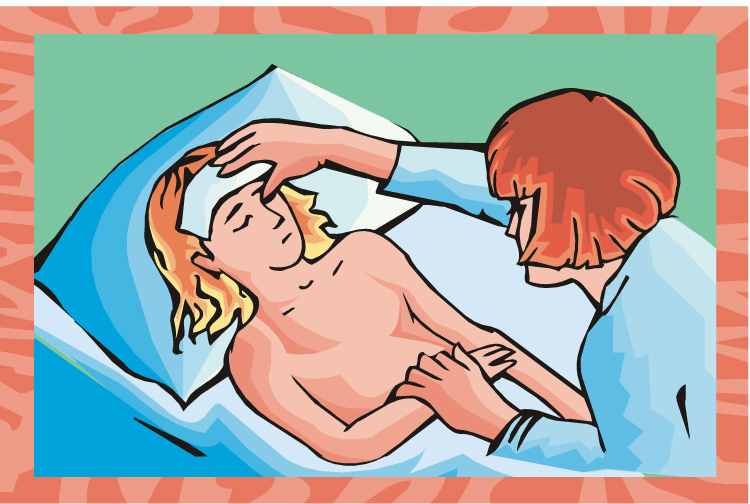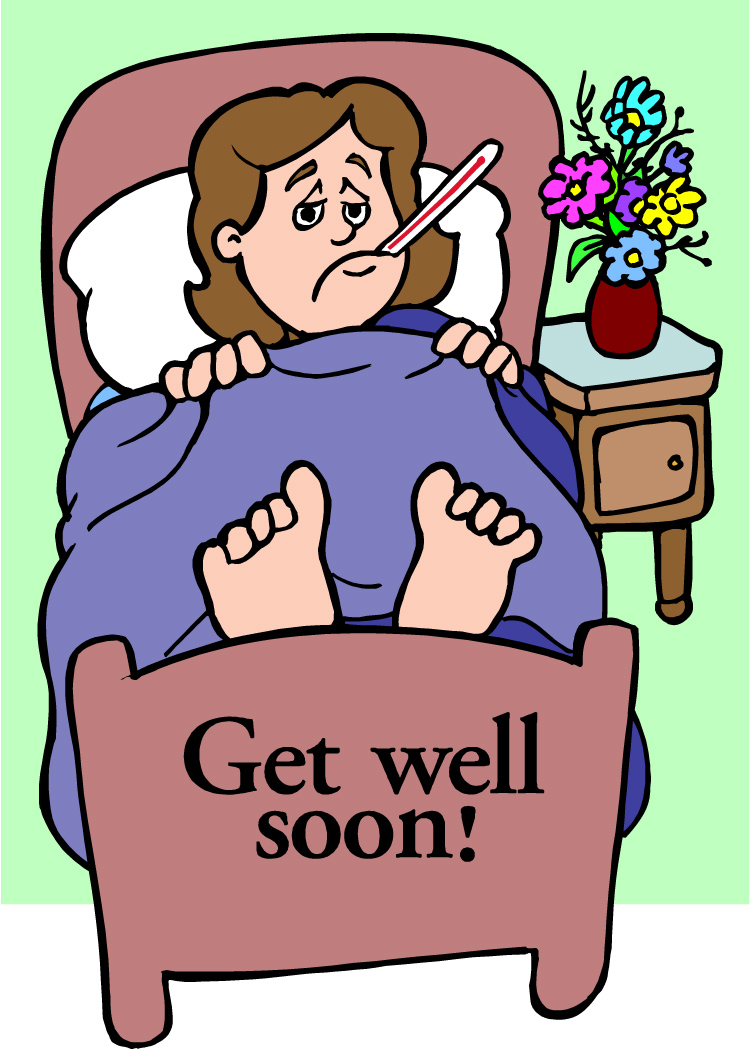
Leviticus 12–15
Leviticus chapters 12 through 15 are some of the most distasteful and difficult to explain in the whole Bible, much less to relate to and to apply to our lives. After all, who wants to talk about diseases, disgusting molds and mildews, and bodily discharges? And who can relate to leprosy? Yuk!
Yet the Torah contains these subjects for a reason. Yes, sanitation, cleanliness and our physical good health is important to our Creator for obvious reasons, but lurking behind this distasteful and, at times, even revulsive subject is a much deeper issue: the disease of sin. When we view sin in terms of a contagious spiritual disease, suddenly we gain a new and deeper understanding of its destructive nature.
Even though the old adage, “Cleanliness is next to godliness” is not in the Bible, it is a biblical truism. Our cleanliness at all levels, body, soul (mind, will and emotions) and spirit are vital to a right relationship with Elohim. He is holy or set-apart (i.e. from the pollution, filth and defilement of this world), and without holiness, no one can see Elohim (Heb 12:14). In essence, holiness is nothing more than spiritual cleanliness. This is the deeper meaning behind Leviticus chapters 12 through 15.
Overview of Parshiot Tazria-Metzora (Lev 12–13 and 14–15)

Often these two parshiot (the plural of parashah meaning “Torah portion” in Hebrew) are combined in the yearly Torah reading cycle depending on how the biblical calendar falls for the year. Their combining is likely due to the fact that each is relatively short and deals with related subjects: namely, the ritual purity laws.
As we shall see, the causes of ritual impurity involve sin issues. As a remedy to this problem, the Torah prescribes procedures that the afflicted person had to follow in order to be deemed cleansed and thus be readmitted into the camp of Israel after having been temporarily expelled because of ritual impurity. All the ritual cleansing laws prophetically pointed to Yeshua’s atoning death on the cross.
These two parshiot dealing with diseased and unclean persons immediately come after the laws concerning clean and unclean meats (Lev 11). What the Israelites ate as well as the state of their physical bodies was an important aspect of holiness in the eyes of YHVH.
From these two parshiot, we learn that an unclean person could only become clean through the atoning blood of a sacrificed animal or through ritual cleansing of water by which he was reconciled to Elohim and brought back into the camp of Israel.
What can we learn from the juxtapositioning of these subjects (i.e. the laws pertaining to unclean meats and unclean people) in the Torah? Simply this. Man can easily become impure and defiled because of his innately depraved, crooked, and wicked heart that is at enmity with the laws of Elohim (Jer 17:9; Rom 8:7).
Since the fall of Adam, man has been in a state of impurity from Elohim. Thus, sin separates him from the presence of Elohim and from his fellow Israelites. Only the sin-atoning blood of Yeshua can bring the sinner to a place of purity where he can be reconciled to the Kadosh (Holy) One of Israel, and become part of the camp (i.e. the congregation of the saints or kadosh ones) of YHVH.
Leviticus 12:1–8 deals with the purification of women after childbirth. Adam Clarke in his commentary states that when a woman has to bring a sacrifice after the birth of her child, Elohim maintained the remembrance of the fact that through woman sin entered the world. He also required the memorial of a sacrifice to show that the state of a sinner, howsoever deplorable, is not hopeless. In every ceremony, we may see both the justice and the mercy of Elohim. Hence, while we have the knowledge of our spiritual impurity, we have also the knowledge of our cure—the sacrifice of an innocent animal, which always points to Yeshua who once and for all, in his sacrificial death, cleansed us from sin’s impurity.
Leviticus 13–14 deals with the disease of tzara. The noun tzaarath means “disease” or “skin disease” and is from the root tzara meaning “to be stricken, strike down, to smite heavily.” This is another disease that pictures the ravages of sin.
It was up to the priests to diligently inspect each diseased person—based on YHVH’s instructions and criteria—to determine whether one was unclean or not, and whether one was fit to remain in the camp of Israel. The priests were not to be hasty in their judgments, but were to make determinations based on diligent inquiry and to follow the exact protocols as outlined in the Torah. This teaches us that YHVH is exacting as to how sinners can be cleansed spiritually from sin and thus become part of the spiritual camp of the righteous redeemed. The Torah is the standard of righteousness that will judge all men. It also defines sin (1 John 3:4), and will determine one’s rewards in YHVH’s eternal kingdom (Matt 5:19).
Today, from time to time, those involved in gross sin must be put out of the congregation of the righteous. This is the duty of the leaders who must inspect individuals and make righteous decisions. Yeshua discusses this in Matthew 18:15–19 where he instructs leaders on how to deal with sin in the camp.
Continue reading






